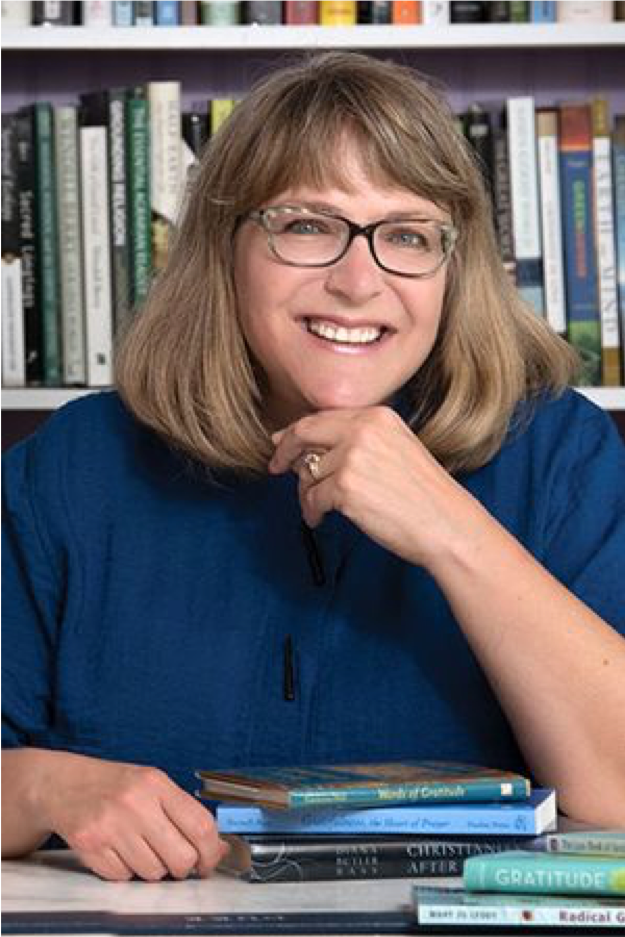Talking About Religion and Politics
The Necessary Conversation

A month in advance of speaking in a church last year, I received an email from the pastor:
One of the core values of our church is being intentionally non-partisan. We are a politically divided congregation. Your book refers to the president. While I personally agree with your views, it may be best to steer clear of the political piece.
I sighed: “One more for the ‘don’t mention politics in the church’ file.”
Over the years, I have received scores of such directives. Most are from pastors worried about conflict and the political divisions in their churches. However, there are also notes from parishioners, usually objecting to something I said in a sermon or on social media that upset them.
But it is very hard for me to be quiet! I’ve been fascinated by politics and Jesus since Sunday school. We sang songs about how Jesus loved all the children of the world: Jesus, equality, and world peace. We collected money for the Methodist church women and the United Nations: Jesus, caring for the poor, and contributing to global justice needs. We heard sermons about Civil Rights and Vietnam. Jesus, racism, and pacifism.
Sunday school was awash with religion and politics. Faith mattered. The world mattered. How we lived together mattered.
God cares about the polis, the Greek word for “city” from which we get the word “politics.” The life of the city. That’s what politics is. Caring about the life of the city.
Those Sunday school lessons have stayed with me for a lifetime. Of course, how I expressed care for the polis has changed over the years (I’ve been a Democrat, a Republican, an independent, a Republican, and a Democrat again; I’ve been a moderate, a conservative, a liberal, and even a socialist) – and the issues of greatest concern have shifted through the decades.
I suspect we can’t talk about religion and politics because we equate “faith” and “public life” with triumphal partisanship, with yelling more than reason and prayer, and, of course, with winning and losing. When it comes to religion and politics, conventional labels have come to mean less than how certain spiritual themes shape the polis: irony, humility, lament, charity, forgiveness, generosity, neighborliness, hope, hospitality, justice, and compassion.
I want people of faith to be able to talk about these things – that beautiful list of words – and pursue them in policies and practices that enable all Americans to live with dignity and in peace. That’s religion and polis. Notice: the list is not religiously exclusive – it isn’t a theocratic vision, it is a spiritual and ethical one. Christians, Jews, Buddhists, humanists, Muslims, Sikhs – people of all faiths or none – have valuable perspectives to offer our common life. Politics is bigger than picking a candidate or winning an argument (elections and debates are foundational to democracy). Rather, it invites citizens to consider vexing issues in relation to our deepest ethical commitments.
These are things we must talk about. And if we don’t talk about them, it will be the moral death of us.
I wish religious communities weren’t so frightened by this conversation.
I don’t know if we can talk about religion and politics now. The moment to do so productively, openly, and with grace may have passed. There is so much hatred, so much anger, and so much division. We’ve forgotten how to listen. It doesn’t have to be this way. I long for something more, for the beautiful words to guide us to a better America.
And I’m betting you long for that, too.
Visit Diana Butler Bass’ website here.

